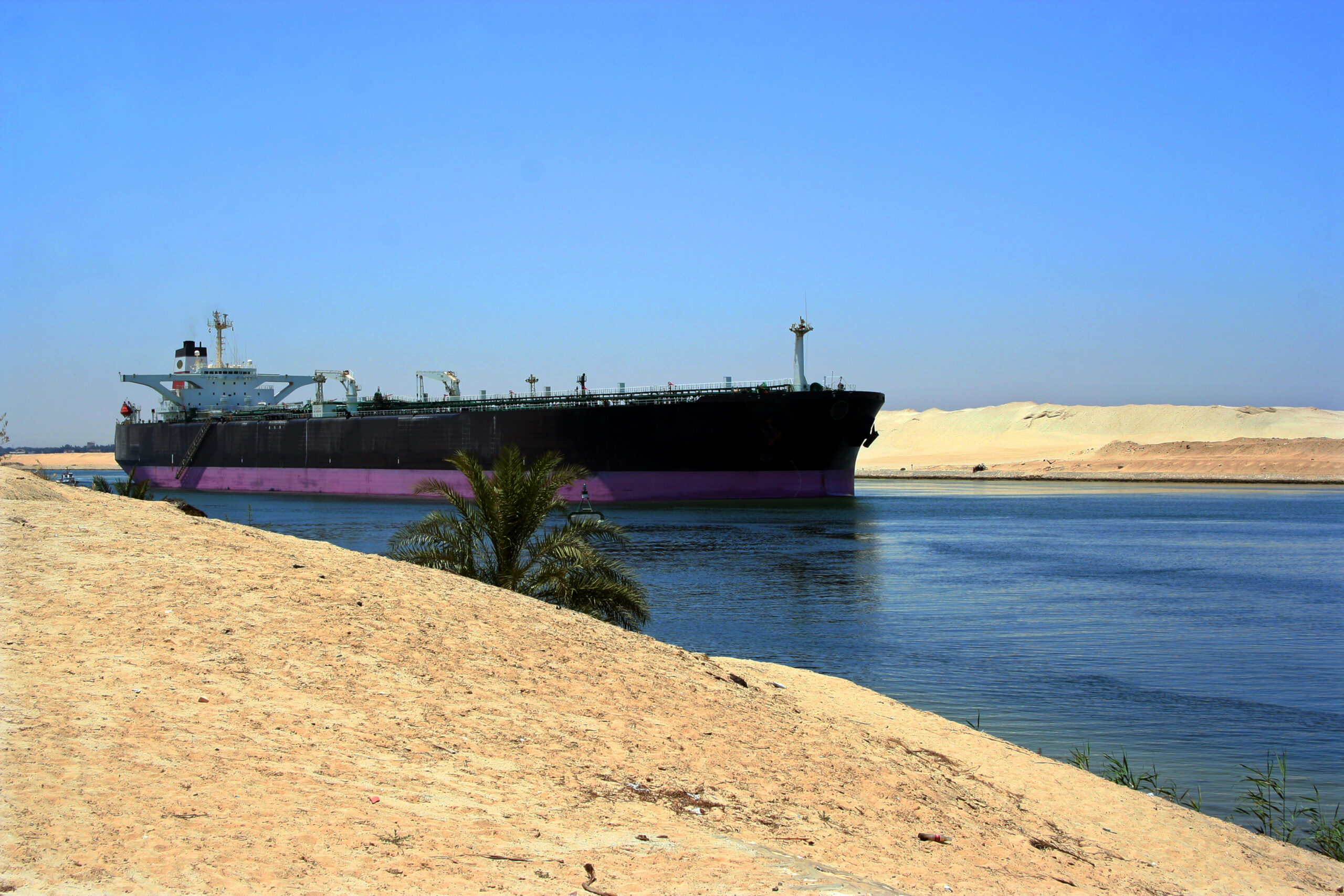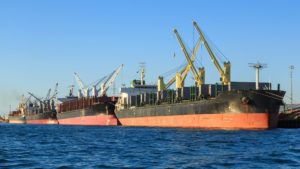
Given that 90% of world trade is traded by sea, the impact on transit prices and fuel costs is inevitable. This was noted in a statement by the president of the Piraeus Chamber of Commerce and Industry, Vasilis Korkidis, regarding the impact on trade of the attacks in the Gulf of Aden, on commercial ships transiting the Red Sea and the Suez Canal bound for the Mediterranean and the port of Piraeus.
According to a press release, if the intervention of the U.S. with the first group of EU countries and NATO, which took action to safeguard the freedom of navigation in the Red Sea, does not pay off soon, then the economic damages, on a global scale, will amount to many billions of dollars every day.
The “avoidance” of Suez is very costly to global trade
According to experts’ estimates, the ten-day closure of the Canal two years ago created a 2-week delay in arrivals at Piraeus and other Mediterranean ports, as well as 3-4 weeks of additional time in the final deliveries of goods. The waiting of the ships at that time, with cargoes worth more than 9 billion dollars, is estimated to have cost, on a global scale, about 6 billion dollars for each week of delay.
Fares, of course, were favoured, especially for oil tankers which doubled due to the rerouting of many ships on the long 15,000 mile route around Africa, while there was greater demand for ships due to the stranding of 320 ships in Suez.
The biggest impact from avoiding the canal is on the energy market, driving up the price of oil. Among the ships waiting on the Mediterranean side are several tankers carrying 9 million barrels of oil a day to and from Asia, with cargoes mainly from Kazakhstan, Russia, Libya and Azerbaijan. In addition, the Canal handles the movement of 4% of the world’s LNG volume, on an annual basis.
The major shipping companies will be charged and, accordingly, will charge, with additional costs for each day of delay, the consignees of the cargoes.
It should be noted that the Suez Canal, 120 miles long, is the fastest shipping route connecting Europe and Asia, with a monthly net cargo transit of more than 100 million tons, corresponding to 12% of the world’s volume and 30% of of containers, amounting to 1.4 million monthly.
Against the backdrop of energy and inflationary pressures, global trade is suddenly facing a peculiar kind of “blackmail” from the Houthis, who have aligned themselves with Hamas, and are launching missile attacks against ships, implicating international shipping and trade. A reprehensible act which, while having the characteristics of a regional character, nevertheless affects international navigation.
Maritime bodies call for a fleet of warships to police the area
Maritime bodies such as Bimco, Intercargo, ICS and ECSA have called for measures to be taken with the formation of a multinational force of a fleet of warships to police the area and de-escalate the tension.
The companies BP, Maersk, MSC, CMA, Hapag Lloyd, after the increase in war risk insurance premiums, immediately announced the suspension of crossings from Red Sea and rerouting with a circumnavigation of Africa, which means an additional 10 days of travel for 700,000 TEU, with goods of value 35 billion dollars and of course damage to the ports of the eastern Mediterranean and especially the largest which is Piraeus.
Instructions are expected from the Greek Ministry of Shipping to the Greek-owned ships moving in the maritime area, while the Directorate for Shipping of the Hellenic Coast Guard has already issued recommendations to crews for vigilance and night sailing.



